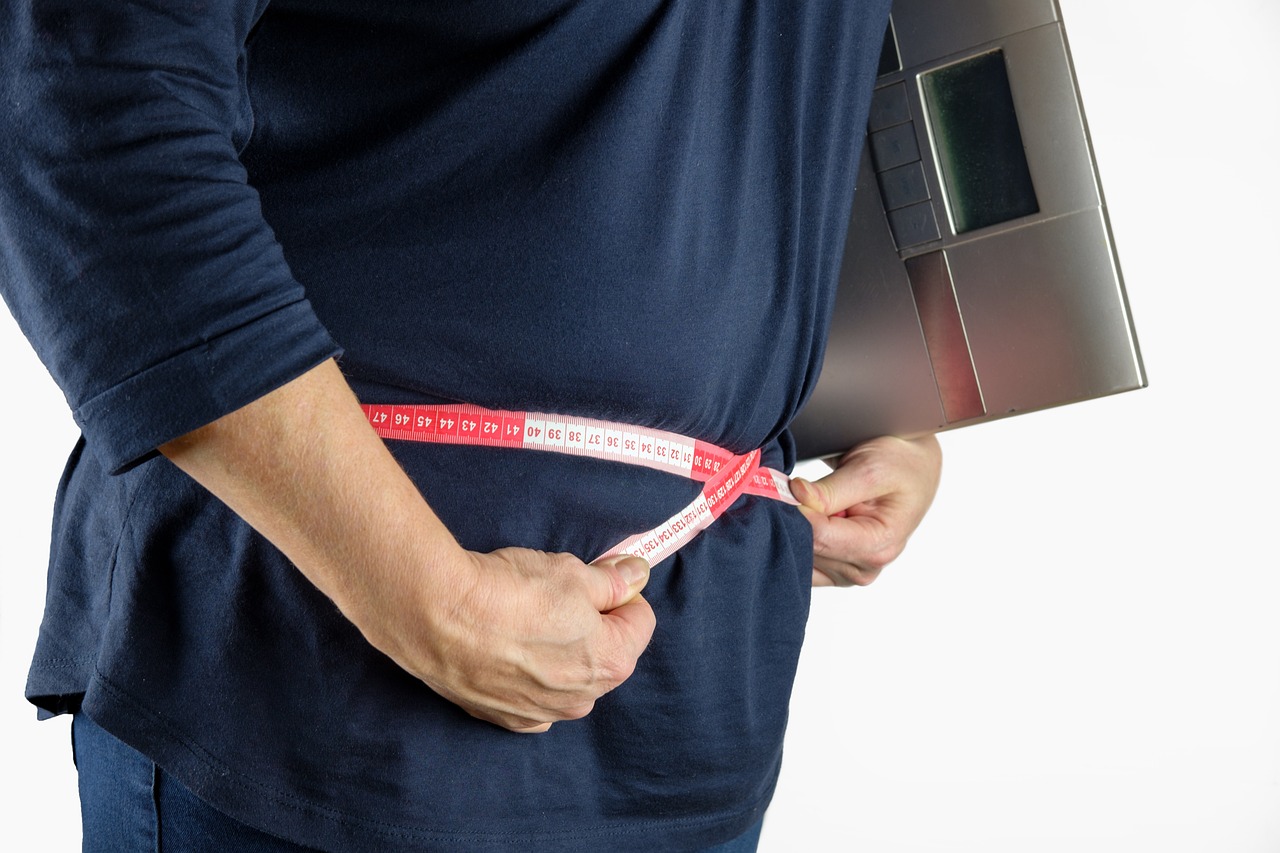Slow metabolism can indeed be a reason why some people find it difficult to lose weight. However, metabolism is often misunderstood and unfairly blamed. At its core, metabolism refers to the process by which the body converts calories into usable energy. The speed at which this process occurs is commonly referred to as a person’s metabolic rate. It makes sense that some individuals have a naturally faster rate, allowing them to expend calories more quickly, while others store excess energy as fat. But what is really happening when we talk about a “slow metabolism”?
The Role of Metabolism in Weight Loss
Metabolism is fundamentally tied to how the body burns calories. Those with a slower metabolic rate may find it easier to gain weight because they do not expend calories as efficiently. This phenomenon can be traced back to our evolutionary roots. The so-called "survival gene" allowed early humans to store energy in the form of fat during times of scarcity, ensuring survival. Today, with an abundance of food, this trait often works against us.
It’s often said that weight gain with age is solely due to reduced activity levels rather than a slowing metabolism. While decreased physical activity does play a significant role, it is scientifically proven that our metabolism slows as we age. This happens for several reasons, including muscle loss and changes at the cellular level.
Why Does Metabolism Slow with Age?
As we age, we naturally lose muscle mass, and since muscle burns more calories than fat, this contributes to a decrease in metabolic rate. Even with the same level of physical activity, an older individual will burn fewer calories compared to their younger self. This is why men, who generally have more muscle mass, tend to gain fat less easily than women.
Moreover, metabolism slows at a cellular level, with research suggesting a decrease of up to 2% per year as we age. This decline is compounded by the inefficiencies in calorie burning that come with being overweight, creating a cycle that is hard to break. While an underactive thyroid can also slow metabolism, this is relatively rare. If suspected, a simple test by your doctor can confirm this, but it’s best to first try changes in diet and exercise.
Boosting Your Metabolism
Thankfully, there are numerous ways to improve and even speed up your metabolism. By incorporating key lifestyle changes, you can increase calorie burning and optimize your body’s energy use.
Aerobic Exercise
Engaging in at least 30 minutes of aerobic exercise three or more days a week can significantly boost your metabolism. Activities such as walking, jogging, swimming, or cycling burn calories during the workout and help you achieve a calorie deficit necessary for weight loss. Moreover, the more active you are throughout the day, the greater the positive impact on your metabolic rate.
Weight Training
Unlike aerobic exercise, weight training has a unique advantage: it elevates your metabolism for hours after the workout. This is because muscle tissue requires more energy to maintain than fat tissue. Building muscle not only helps you burn more calories during exercise but also increases your resting metabolic rate, allowing you to burn more calories throughout the day.
The Right Food Choices
What you eat plays a crucial role in your metabolic health. Foods rich in complex carbohydrates, such as whole grains and fresh vegetables, along with lean protein sources, support efficient calorie burning. On the other hand, sugary foods, refined carbohydrates, and unhealthy fats can slow down your metabolism. Interestingly, certain foods like spicy peppers and caffeine have been shown to give a temporary metabolic boost, although they should be consumed in moderation.
Smaller, More Frequent Meals
Eating smaller meals every three to four hours can help keep your metabolism active. Starting with a nutritious breakfast sets the tone for the day, preventing metabolic slowdowns caused by prolonged periods without food. When you go more than four or five hours without eating, your body enters a conservation mode, slowing your metabolism to store energy. This can also lead to overeating during the next meal.
The Importance of Hydration
Staying hydrated is essential for maintaining a healthy metabolism. Water helps flush toxins released when fat is burned, ensuring that your body operates efficiently. Dehydration, on the other hand, can place additional stress on the body, further slowing metabolic processes. Aim for at least eight glasses of water a day, and increase this amount if you’re physically active or live in a hot climate.
Managing Stress
Chronic stress can wreak havoc on your metabolism. When stressed, the body releases cortisol, a hormone that not only slows metabolic activity but also promotes fat storage, particularly around the abdomen. Stress can also lead to unhealthy eating habits, such as overeating or consuming comfort foods high in sugar and fat. Incorporating stress-reduction techniques like yoga, meditation, or deep breathing can help mitigate these effects.
The Role of Sleep
Sleep is often overlooked but is a critical component of metabolic health. Studies show that individuals who get fewer than seven hours of sleep per night are more likely to gain weight. Sleep deprivation disrupts hormonal balance, leading to increased appetite and reduced energy expenditure. Furthermore, muscle repair and regeneration occur during the final stages of sleep, directly impacting your metabolic rate. Aim for seven to nine hours of quality sleep each night to support your weight-loss efforts.
Final Thoughts
While a slow metabolism can present challenges, it is not an insurmountable obstacle. By understanding the factors that influence metabolic rate and adopting a combination of exercise, proper nutrition, hydration, stress management, and adequate sleep, you can take control of your metabolism. Remember, the key is consistency and patience. Small, sustainable changes in your lifestyle can lead to significant long-term benefits for your overall health and well-being.













